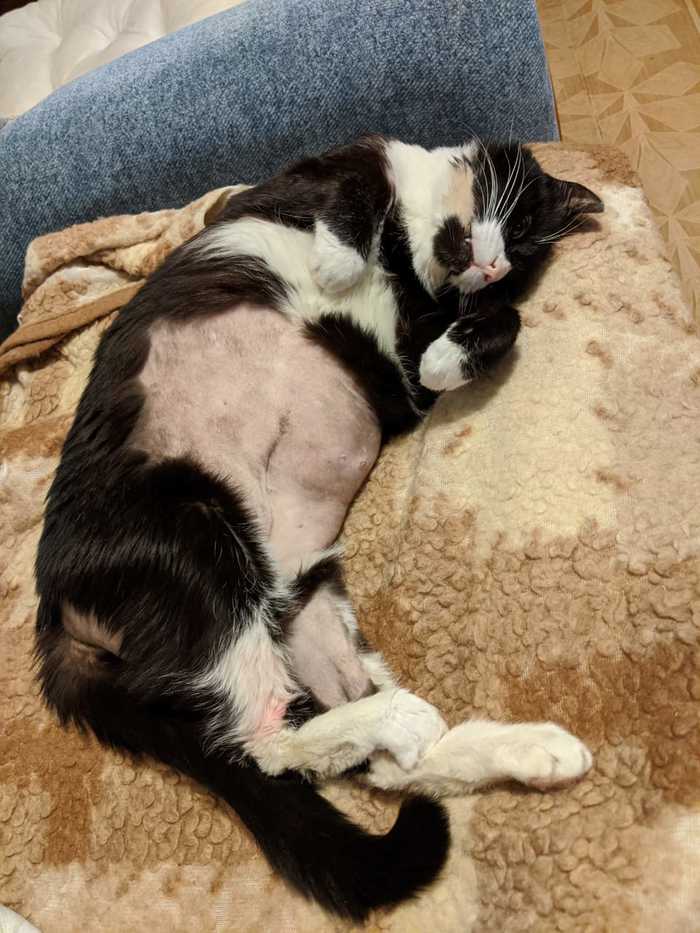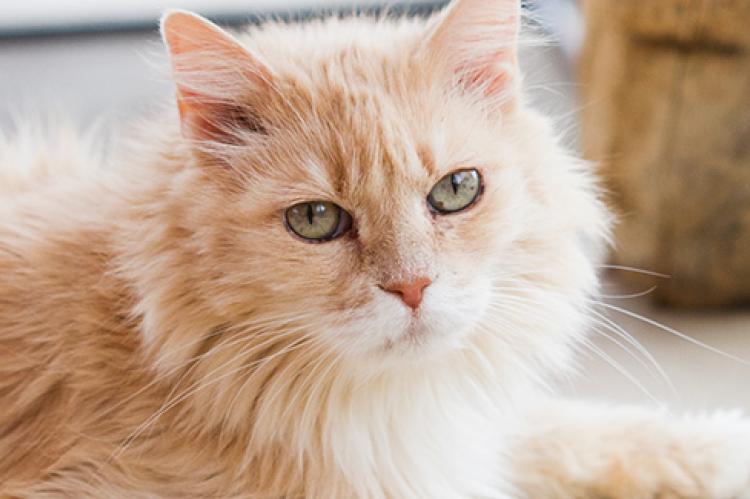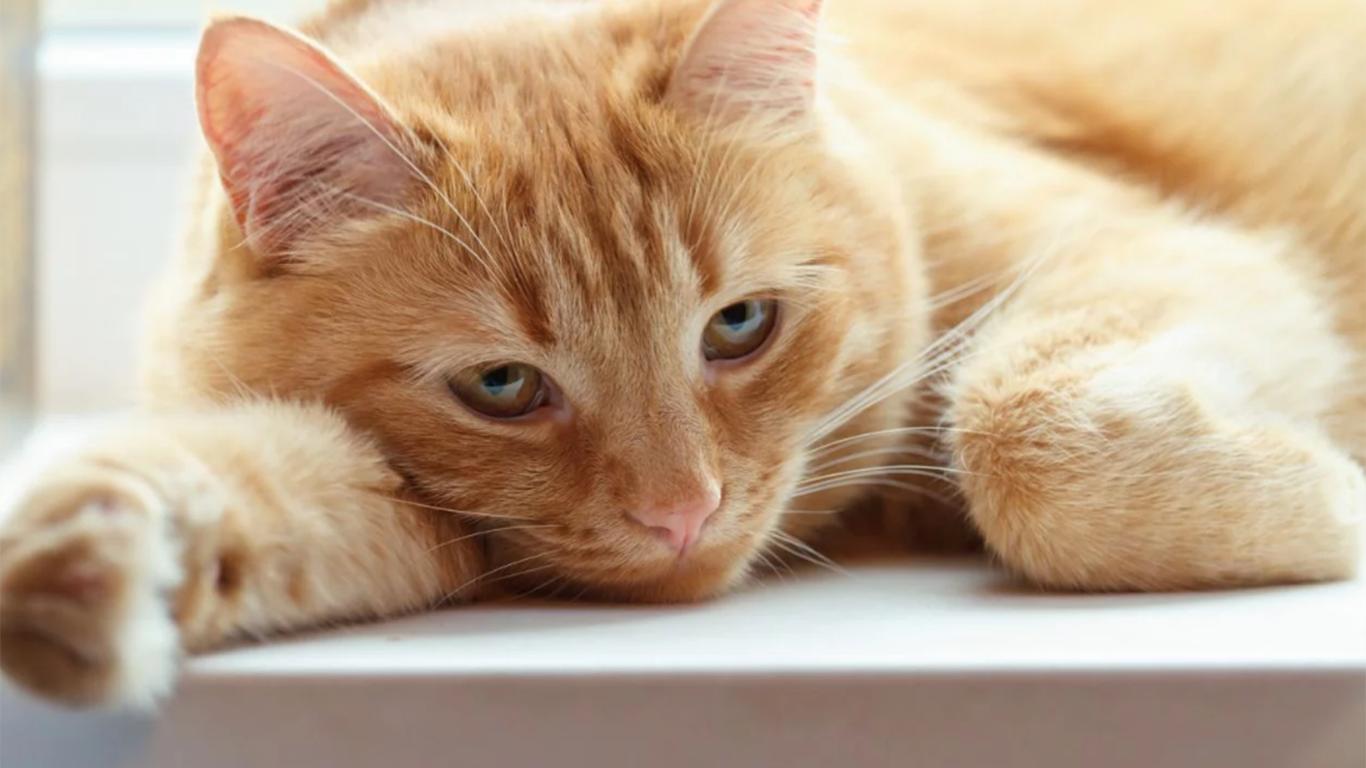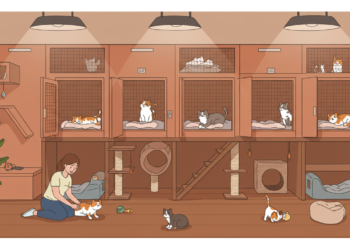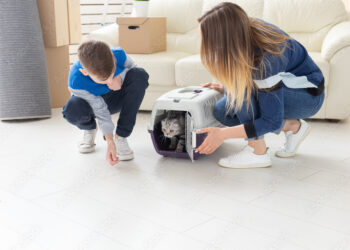Kidney failure in cats is not a disease to be taken lightly. Even more than human beings, they are sensitive to the failure of this essential filter to detoxify their body. By no longer performing their task properly, your cat kidney allows organic waste to accumulate in the body and its entire metabolism suffers. Prevention is better than cure, so knowing how to recognize symptoms as soon as they appear allows you to react quickly.
Kidney functions
Its essential role is to filter the blood so as to rid your animal of toxins which, in high doses, are aggressive for the body. We speak of uremia when urea has accumulated in the blood, it manifests itself by several well-defined symptoms. Vomiting and nausea, a significant loss of appetite and severe weight loss then occur. The cat’s coat, said to be a mirror of health, becomes dull, its gait is shaky, and neurological disturbances can be observed. Only hospitalization with an infusion can lower the urea level.
How does the disease occur?
What are the symptoms?
These are very numerous but often not very characteristic of the disease in itself. Your cat now feeds sparingly, if at all, and it appears to be slaughtered. His metabolism suffers, he often suffers from diarrhea and vomiting, and he has very bad breath. Cat’s kidneys are failing, so he usually has difficulty urinating or relieves himself too little. Symptoms that are not to be taken lightly! Above all, do not minimize his condition, which needs to be examined by a veterinarian to quickly implement the appropriate treatment.
Why is it so bad?
The functions of the cat kidney are not limited to making urine. It is also a filter for the blood, it is used for the regulation of hormones and helps to maintain homeostasis (constants regulating the blood pH). As this organ is essential for the body, its dysfunction is necessarily a source of disease, whatever its primary origin. Insofar as the kidney no longer manages to function properly, renal failure sets in without any more dam coming to stem it. It ends up becoming chronic over time and causes more or less serious pathologies in your cat.
Calculation formation
Stones are one of the pathologies that can seriously affect your cat. People who have been victims of stones themselves, or have simply heard of them, know how painful they are. You should therefore not miss the symptoms which consist of complaints from your cat or even desperate meows on palpation. Your cat’s breath then often takes on an asymptomatic urine odor, he becomes listless, then vomiting occurs. The cat’s kidney no longer able to eliminate urea in the blood, the cat eventually falls into a coma, then dies.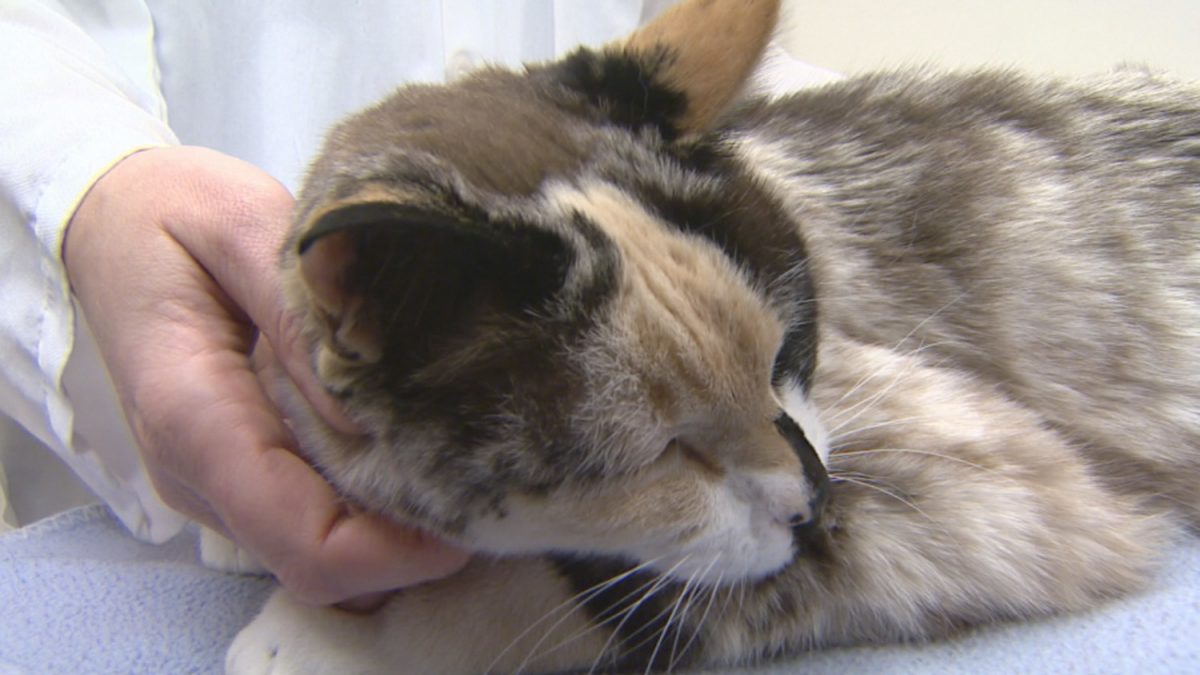
Good hydration helps prevent the formation of urinary stones. An ultrasound can detect with certainty their presence more than undesirable.
Reading suggestions: 200+ Unique Female Cat Names for Your Cute Companion
Two scenarios for the same condition. Let’s distinguish what makes the difference:
Additional examinations, such as x-rays, urinalysis, etc., may be recommended in the event of an acute attack.
Before arriving at such a situation, appropriate treatment will allow your cat to enjoy many good years to come. The treatment depending on the severity of the symptoms, combining it with a suitable diet is to prolong the life of your little companion.
Recommended diet and treatments for proven renal failure
1. Importance of diet
Just as essential as medication, a balanced diet helps control the disease and stop its progression. It helps improve your cat’s quality of life by providing him with significant comfort. To slow the progression of chronic renal failure in cats, it is essential to reduce their food intake of phosphorus. Low phosphorus kibble can help support kidney function in older cats as well as cats with chronic kidney disease. Clinical signs are less evident as your cat receives energy to maintain its organs, muscles, and immune function.
2. When the patient’s appetite
It goes without saying that to provide it with adequate food, your cat must, first of all, accept it and be hungry enough to touch it. Dry food is, therefore, to be preferred: its taste is in no way modified by the nutritional contributions, it is designed to whet the appetite. Several flavors are available in croquettes, in order to vary or find the taste that best suits your delicate palate. The best is to seek the advice of a veterinarian if only to install a protocol that will define the quantities and duration of use of said kibble.
3. Overcome difficulties
In the case of acute renal failure, episodes of seizures are observed. An infusion intended to partially eliminate the toxins accumulated in the blood system then becomes an emergency act. It will allow the cat to rehydrate while serving as support for its suffering organism. A reliable prognosis depends on the kidney damage and will be the condition for the treatment to be put in place. When treatment is prompt, this treatment can allow your cat to extend its life for months or even years. However, avoid sweets, they can be harmful to the kidneys of your companion.
4. More regular monitoring
From the age of 8, you can take care of your cat’s health in a more concrete way than by worrying only about his vaccines. By asking your vet to perform regular blood tests, early kidney failure will be found in the bud. A simple precautionary principle that will allow you to start a suitable diet as soon as possible. Still from the point of view of “prevention is better than cure”, the sooner the necessary measures are taken, the more your cat’s quality of life will be improved and the more likely he will be to remain your companion for a long time.
In short, the sooner you feed your cat a food that is not likely to damage their kidneys, the less likely they are to suffer from long-term kidney failure. If your cat is already suffering from kidney failure, the kibble adapted to his case combined with the right medical treatment can greatly alleviate his suffering and allow him, despite his weakness, to spend many happy days by your side.
Reading suggestions: Boy Cat Names – Find the Perfect Male Kitten Name
Cat Kidney infection
Especially in winter, the cold can cause inflammation of the kidneys in your cat. But they’re also susceptible to inflammation during the hot summer and fall months. They can catch too cold when wet and don’t move around enough until they are dry. The next day, the cat only gets up with difficulty and with expressions of pain. Many owners then suspect a herniated disc or an injury to the hind legs, but few think of a kidney infection.
Symptoms
If in doubt, call the vet!
Kidney infection causes
Cat Kidney infection solutions
Kidney infection is no small feat. Only the vet can determine if your cat is really affected.


